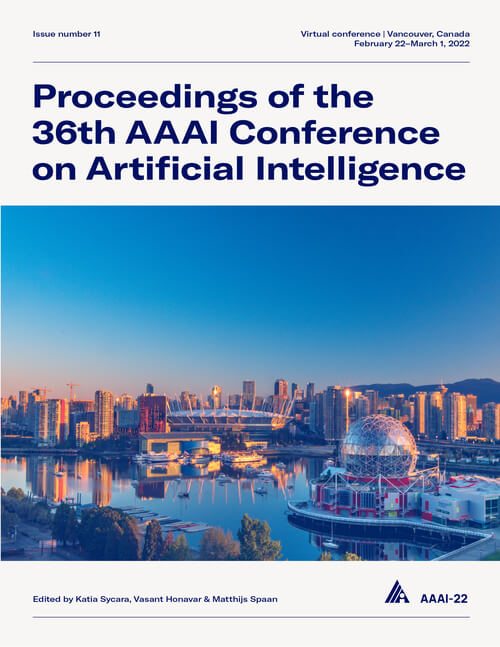MIP-GNN: A Data-Driven Framework for Guiding Combinatorial Solvers
DOI:
https://doi.org/10.1609/aaai.v36i9.21262Keywords:
Search And Optimization (SO), Constraint Satisfaction And Optimization (CSO), Machine Learning (ML)Abstract
Mixed-integer programming (MIP) technology offers a generic way of formulating and solving combinatorial optimization problems. While generally reliable, state-of-the-art MIP solvers base many crucial decisions on hand-crafted heuristics, largely ignoring common patterns within a given instance distribution of the problem of interest. Here, we propose MIP-GNN, a general framework for enhancing such solvers with data-driven insights. By encoding the variable-constraint interactions of a given mixed-integer linear program (MILP) as a bipartite graph, we leverage state-of-the-art graph neural network architectures to predict variable biases, i.e., component-wise averages of (near) optimal solutions, indicating how likely a variable will be set to 0 or 1 in (near) optimal solutions of binary MILPs. In turn, the predicted biases stemming from a single, once-trained model are used to guide the solver, replacing heuristic components. We integrate MIP-GNN into a state-of-the-art MIP solver, applying it to tasks such as node selection and warm-starting, showing significant improvements compared to the default setting of the solver on two classes of challenging binary MILPs. Our code and appendix are publicly available at https://github.com/lyeskhalil/mipGNN.Downloads
Published
2022-06-28
How to Cite
Khalil, E. B., Morris, C., & Lodi, A. (2022). MIP-GNN: A Data-Driven Framework for Guiding Combinatorial Solvers. Proceedings of the AAAI Conference on Artificial Intelligence, 36(9), 10219-10227. https://doi.org/10.1609/aaai.v36i9.21262
Issue
Section
AAAI Technical Track on Search and Optimization

